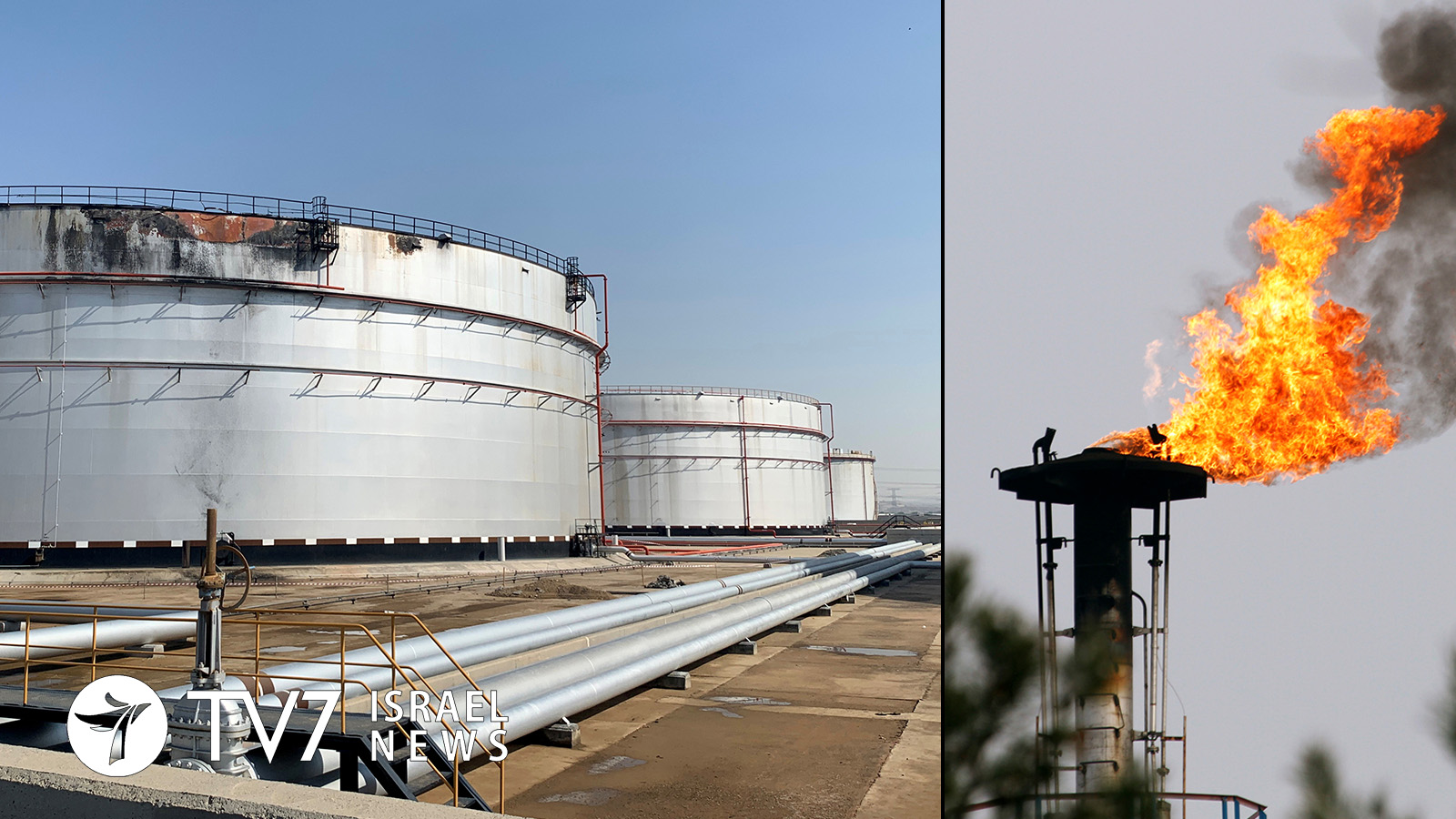The United States has expressed alarm at “genuine security threats” to Saudi Arabia from Yemen’s Iran-aligned Houthis and elsewhere in the region after attacks on the heart of the Saudi oil industry over the weekend, and that it would look at improving support for Saudi defenses.
Brent crude prices shot above $70 on Sunday for the first time in over a year following multiple Houthi drone and ballistic missile attacks on an oil storage yard at the Ras Tanura site of a refinery and the world’s biggest offshore oil-loading facility vital to exports, as well a residential compound in Dhahran used by state-controlled oil giant Saudi Aramco, and other areas in the cities of Dammam, Asir and Jazan.
“The artillery and drone divisions were able to conduct a wide offensive in the depths of Saudi Arabia with 14 drones and 8 ballistic missiles (including 10 Sammad-3 drones and 1 Zulfiqar missile) which targeted Aramco in Ras al-Tanura port and other military sites in Dhammam,” said Houthi Spokesperson Yahya Sarea, adding that “More military sites were targeted in Asir and Jazan with 4 Qasef-2k drones and 7 Badr missiles, and the strikes were precise, God willing.”
Saudi-led coalition authorities said most of Sunday’s drones and missiles were intercepted en route to their targets and there were no casualties or property losses from the attacks, but underscored that the attacks against “civilians and civilian objects in the Kingdom are a red line.”
The coalition said it destroyed 12 Houthi drones, without specifying locations in the kingdom, and two ballistic missiles launched towards Jazan.
The Saudi Defense Ministry later said it had intercepted an armed drone coming from the sea before it could hit its target at Ras Tanura. Shrapnel from a ballistic missile fell near the residential compound used by Aramco.
The two sites in Eastern Province are located on the Gulf coast across from Iran and near Iraq and Bahrain, which is the regional base of the US Navy. Yemen lies nearly 1,000 km (600 miles) southwest on the Gulf of Aden.
The Saudi-led coalition retaliated for the Sunday attacks with wide-scale bombardment on Houthi military installations in Yemen’s capital, Sana’a.
“We continue to be alarmed by the frequency of Houthi attacks on Saudi Arabia. Escalating attacks like these are not the actions of a group that is serious about peace,” White House Press Secretary Jen Psaki said at a Washington news briefing, adding, “We understand that they face genuine security threats from Yemen and others in the region…We will look for ways to improve support for Saudi Arabia’s ability to defend its territory against threats.”
Psaki’s comments followed earlier statements issued by the US Embassy in Riyadh in an Arabic-language post on Twitter, that: “The United States stands by Saudi Arabia and its people. Our commitment to defend the kingdom and its security is firm.”
The Islamist Houthi rebels have been battling a Saudi-led coalition in Yemen for six years in a conflict largely regarded as a proxy war between Saudi Arabia and Iran. The United Nations have been pushing for a ceasefire to revive stalled peace talks in Yemen, which has been described as the world’s worst humanitarian crisis.
The official name of the Houthi forces is “Ansar Allah,” meaning “Allah’s Supporters” in Arabic. The armed Islamist political movement formed in northern Yemen during the 1990s. Both they and Iran are followers of Shi’ite Islam, as is Tehran’s other proxy militia, the Hezbollah terror group. The Houthis slogan since 2003 has been “Allah is great, death to the US, death to Israel, curse the Jews, and victory for Islam.”
Saudi Defense Ministry Spokesman Colonel Turki al-Malki, who also speaks for the coalition, said on Al Arabiya TV that Iran has been smuggling missiles and drones to the Houthis. Both the Houthis and the Islamic Republic have in the past denied previous such allegations.
Riyadh has repeatedly insisted that Iran’s ballistic missile program and support of its regional proxies be part of any talks aimed at reviving the 2015 Joint Comprehensive Plan of Action (JCPOA) nuclear deal with Iran from which then-US President Donald Trump withdrew in 2018.
In 2019, the United States deployed troops and military equipment to bolster Saudi Arabia’s air and missile defenses after the world’s top oil exporter was shaken by a major attack on installations just a few kilometers away from the same facilities targeted on Sunday. The Kingdom was forced to temporarily shut down more than half of its crude output. The Houthis claimed responsibility for the attacks although Riyadh insisted the Islamic Republic was behind them.
The decades-old alliance between Riyadh and Washington has been recently strained under the administration of US President Joe Biden, who declared a halt to US support for coalition offensive operations in Yemen but has vowed to continue to help Saudi Arabia defend itself. The kingdom has also come under increasing pressure from the White House over its human rights record.
A spokesman for the Saudi-led coalition claimed on Sunday that the Houthis had been emboldened after Biden revoked terrorist designations on the group imposed in the waning days of the Trump administration.
